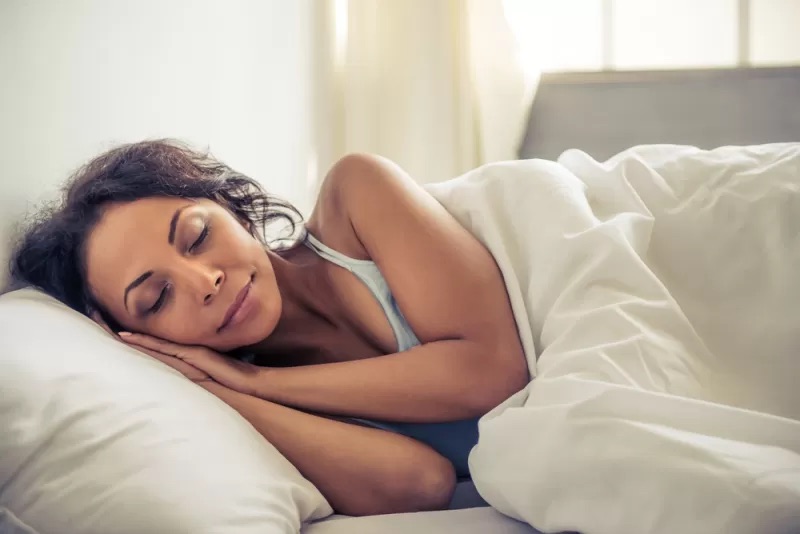What does a good night’s sleep look like?
At our sleep clinic, many people share their ideas about what they believe constitutes healthy sleep. A common belief is that the ideal sleep involves falling into a deep, restful state as soon as their head hits the pillow, staying asleep for about eight hours, and waking up refreshed. This view is particularly widespread among Australians.
However, in reality, healthy sleep involves moving through various stages throughout the night, often with several brief awakenings. While some people may recall these awakenings, others do not. Let’s delve into what a truly good night’s sleep entails.
The Rhythm of Sleep Cycles
Adult sleep typically occurs in cycles, each lasting around 90 minutes, along with brief awakenings. Sleep starts with lighter stages, then transitions into deeper sleep, and finally into rapid eye movement (REM) sleep, often associated with dreaming. A healthy night’s sleep involves more deep sleep in the first half and more REM sleep in the second half of the night. It’s normal for adults to experience five to six sleep cycles per night, and it’s equally normal to wake briefly at the end of each cycle, especially as we age. These awakenings are usually short and often go unnoticed.
What Defines ‘Good’ Sleep?
While the standard recommendation for adults is seven to nine hours of sleep per night, sleep quality is just as important as quantity. Good sleep usually means falling asleep within 30 minutes, staying asleep without prolonged wakefulness, and waking up feeling rested and ready for the day.
If you experience significant daytime sleepiness, even after getting seven hours of sleep, it might be a sign that adjustments are needed. Consulting a general practitioner could help identify any underlying causes.
Common Sleep Problems
Sleep disorders are quite common. Insomnia, for example, affects up to 25% of adults and involves difficulty falling or staying asleep or waking up too early. Sleep disorders such as insomnia and sleep apnea (where breathing stops briefly during sleep) become more frequent with age, affecting about 20% of younger adults and 40% of middle-aged individuals. Thankfully, effective treatments are available, so it’s important to seek help if you’re struggling.
Chronic conditions like pain, certain medications, or environmental factors (such as noisy neighbors, pets, or children) can also disrupt sleep, causing “forced awakenings” that impact your ability to feel rested in the morning. In some cases, awakenings may have no clear cause.
The key is to assess whether these awakenings are causing distress or affecting your daily life. If they leave you feeling frustrated, worried, or tired throughout the day, it might be time to seek professional advice.
Getting up in the morning feeling tired could indicate not enough sleep, irregular sleep schedules, or conflicts with your body’s internal clock. If these issues persist and interfere with your work or family life, a sleep psychologist can offer helpful guidance.
Are Smartwatches Helpful for Sleep?
Sleep-tracking devices can provide rough estimates of sleep stages, but their accuracy can vary. In-lab polysomnography (PSG) is still the most reliable method for examining sleep stages, as it tracks breathing, brain waves, oxygen levels, and heart rate.
Instead of focusing on nightly sleep data from a tracker, it’s more useful to look at overall patterns, such as regular sleep and wake times. This can help identify behaviors or habits that might be negatively impacting sleep, like inconsistent routines or poor sleep environments.
However, if tracking your sleep causes anxiety, it may not be beneficial. If you’re concerned about your sleep, talking to a general practitioner is a good first step, and they can refer you to a sleep specialist if needed.
